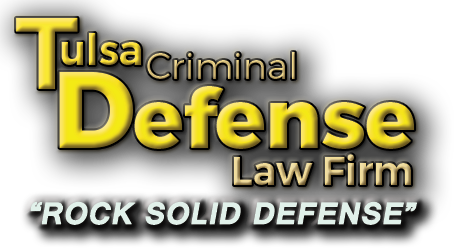 Even after a defendant is convicted of a federal crime, there are avenues of relief that can be sought. After conviction, there are two main avenues. The first is a direct appeal, and the second is a post-conviction appeal or federal post-conviction relief.
Even after a defendant is convicted of a federal crime, there are avenues of relief that can be sought. After conviction, there are two main avenues. The first is a direct appeal, and the second is a post-conviction appeal or federal post-conviction relief.
These two avenues differ. An appeal can be filed on the basis of any non-harmless legal error made in associated with the trial.
A post-conviction appeal is used when the error is more egregious, such as with a constitutional or jurisdictional error. A post-conviction appeal functions more like a post-trial motion. It is filed with the trial court, not the appeals court, and is not a substitute for an appeal. It can provide relief for a defendant when an error at trial prevents the defendant from having a fair trial. A motion for post-conviction relief can even be filed after a direct appeal has failed.
Why Post-Conviction Relief Is Important
The time post-trial can be used to greatly help a defendant who received a federal indictment in Tulsa and was subsequently convicted. That time can be used to file a number of post-conviction appeals and motions that can affect sentencing, overturn some or all of the conviction, or obtain a new trial.
Trial errors are common and can have a large effect on due process, a fundamental right of the accused. Hiring an experienced federal post-conviction attorney can make a huge difference if you are convicted.
Issues Addressed In Post-Conviction Relief Motions
There are a number of different motions and appeals that can be brought post-conviction, including a motion to vacate judgment; motions for permission to file a second or subsequent 28 US Code § 2255 motion; and for pardon, clemency, or commutation of a sentence.
A defendant may bring a 2255 motion. This motion has limited bases upon which it may be granted:
- the sentence was imposed in violation of the Constitution or laws of the United States;
- the court was without jurisdiction to impose such sentence;
- the sentence was in excess of the maximum authorized by law; or
- is otherwise subject to collateral attack.
The issues raised must be directly related to the defendant’s being in custody. Thus, ineffective assistance of counsel may be raised in a 2255 motion.
If granted, the court which imposed the sentence may vacate, set aside, or correct the sentence. The defendant may be released or re-sentenced, or a new trial may be granted.
This motion is a powerful tool and can be used to great effect on issues that cannot be raised on direct appeal. It gives courts broad discretion in fashioning appropriate relief, including dismissal of all charges and release of the prisoner, retrial, or re-sentencing.
Custody Requirement
In order to bring a 2255 motion, the defendant must be in custody. That means that the defendant is either in jail or is being restrained in another manner as part of a federal sentence. Probation, parole, supervised release, and being released on bail or one’s own recognizance all count as “custody” for purposes of this motion.
Direct appeals are based on the trial record. Post-conviction relief motions allow a defendant to introduce new evidence where it exists. And this can be used by counsel when a direct appeal will not provide relief.
There are avenues for you once a conviction has been rendered. Find out more from a Tulsa criminal attorney experienced in post-conviction relief.
Free Consultation: Tulsa Federal Criminal Defense Attorney
Get the help you need. It’s time to retain a Tulsa criminal defense lawyer who is knowledgeable regarding federal law and procedure and who will look out for your legal interests. Contact a Tulsa federal criminal defense attorney at Tulsa Criminal Defense Law Firm today for a free, confidential consultation.
A Tulsa federal criminal defense attorney can advise you on how the process works and offer answers to your specific questions. To begin your free consultation, call 918-256-3400 now.


